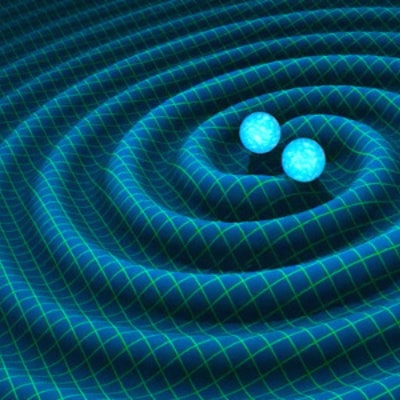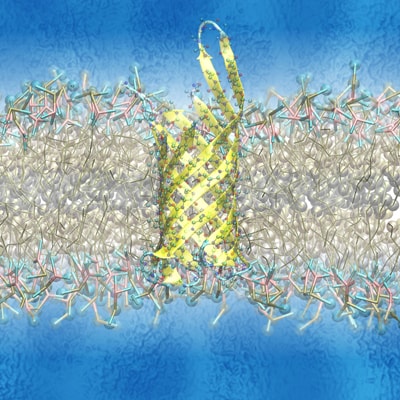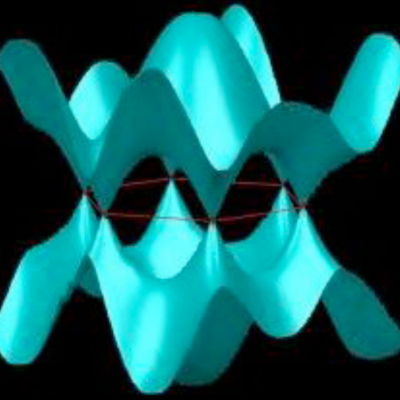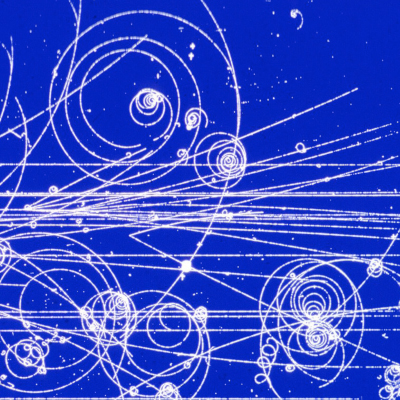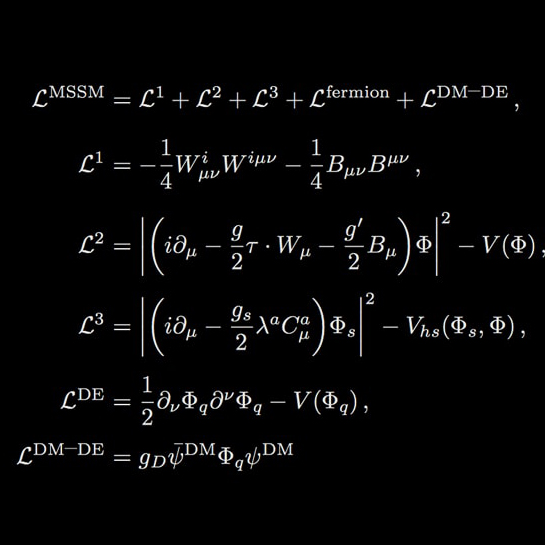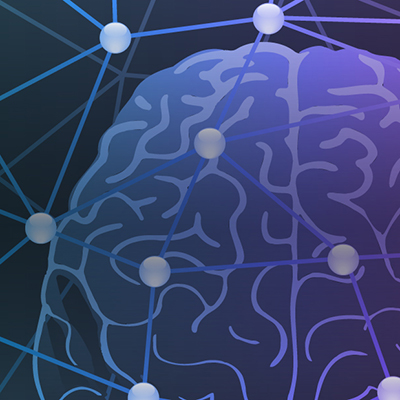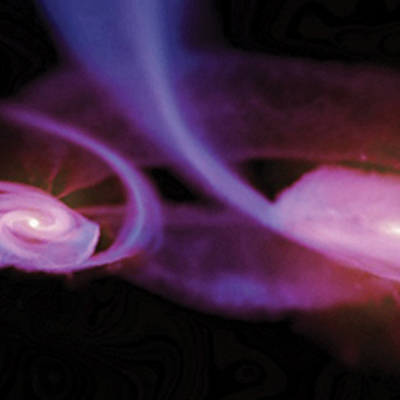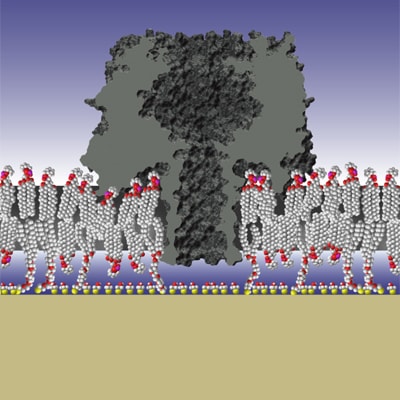At Carnegie Mellon, we are driven by curiosity, collaboration and a commitment to excellence. Our department is home to world-class researchers, dedicated educators and a vibrant community of students driven to explore the fundamental laws of nature and apply them to solve real-world challenges.
Carnegie Mellon combines world-class undergraduate physics education and research opportunities with a welcoming physics community and student support conventionally associated with smaller institutions.
We strive to identify and answer fundamental questions about our universe and its constituents — What is dark matter? What is dark energy? How do cells self-assemble and grow? Why do materials behave differently at the nanoscale than in bulk? What is the mass of a single neutrino? The urge to discover and to innovate has led to a detailed understanding of a remarkable variety of physical phenomena ranging from large-scale distribution of galaxies to the fundamental physics governing elementary particles. This ability to interpret the world around us and to synthesize its behavior into a small number of basic principles are key characteristics of modern science as developed over the course of the past several centuries.
Our faculty, researchers and students are at the forefront of groundbreaking research. We are excited that some of our community even put a pause on other opportunities to spend time with us first. We also appreciate National Science Foundation Postdoctoral Researchers who choose us as a destination.
We work probing the mysteries of the universe as part of the Compact Muon Solenoid (CMS) experiment at the Large Hadron Collider in CERN; on measuring neutrino mass with KATRIN and exploring the structure of nucleons at Jefferson Lab. We also are shaping the future of astronomy through the McWilliams Center for Cosmology and Astrophysics, delving into nanophysics at Argonne’s Advanced Photon Source and investigating biological membrane structures at NIST.
Theorists in the Department of Physics work across disciplines — sometimes with pencil and paper and sometimes with the world’s most powerful supercomputers. Often they collaborate with experimental colleagues and machine learning experts across Carnegie Mellon.
We may be a small department — just over 35 faculty, 20 postdoctoral fellows, more than 80 graduate students and many undergraduates — but our impact in the areas where we invest our resources is far-reaching. But we aim for excellence in our chosen research areas: subatomic physics, quantum electronics, cosmology and biological physics.
And we take pride in mentoring the next generation of scholars, whether it’s helping a music major understand the physics of sound or celebrating a graduate student’s breakthrough in cosmic microwave background research.
At Carnegie Mellon, collaboration is in our DNA. Students, postdocs and faculty work across subfields and departments. For example, high-energy theorists write papers with biological physicists. We work with colleges in other departments — particularly engineering and computer science — and we play leading roles in major international collaborations.
Are you a prospective student?
If you join us, you will puzzle about the Universe in the tradition of Newton, Einstein and Curie while also gaining skills that will enable you to succeed in diverse fields ranging from finance to data science.
Whether you're just beginning your journey in physics or advancing toward specialized research, we offer a wide range of academic pathways and you’ll be part of a vibrant supportive community.
Undergraduates can choose from flexible degree options that combine rigorous training in physics with opportunities for interdisciplinary study and hands-on research.
Graduate students benefit from close mentorship, access to world-class facilities and the chance to contribute to high-impact projects from day one.
Across all levels, students are encouraged to engage in cutting-edge collaborative research, explore emerging fields and shape their own academic and professional paths.
Come visit us. Like Pittsburgh, we are welcoming, innovative and always looking toward the future.
Bachelor of Science in Physics
Students seeking a B.S. in Physics may choose from 6 Physics tracks, or may elect not to pursue a degree track. Students who pursue a track must still complete the core requirements of the B.S. degree, however each of these tracks specifies how students fulfill many of the technical electives of the B.S. in Physics. For more information visit our Undergraduate Program page or contact Gillian Lynn Ryan, Director of Undergraduate Affairs, for more information.

Graduate Programs
Our Ph.D. programs train students at the leading edge of physics research, preparing them to become the next generation of leaders in academia and industry.
For more information, visit our Graduate Program page or contact Markus Deserno, director of graduate programs.
Through a combination of in-depth coursework and rigorous hands-on research and training, students in the Master of Science in Modern Physics program will gain the specialized skills and knowledge needed to apply to Ph.D. programs and meet the growing demand for experts in the U.S. semiconductor industry and other fields where problem solving and critical thinking can help solve some challenging global problems.
